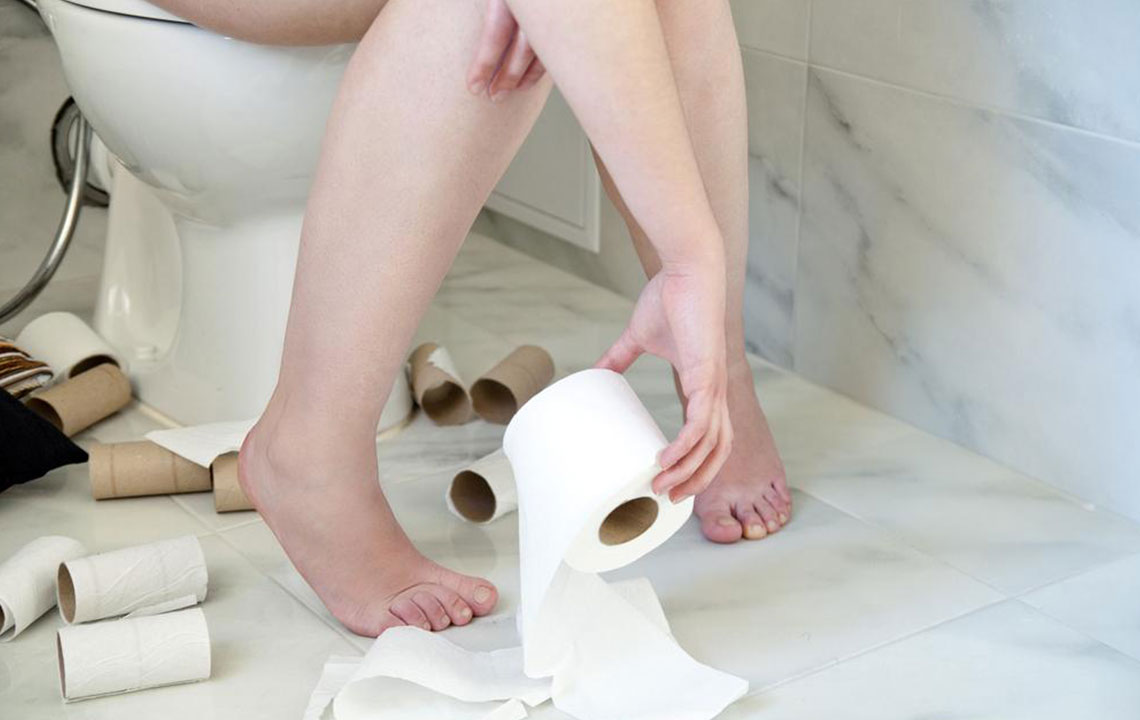A Quick Guide on Treating Hemorrhoids
Out of every ten people in the world, almost three individuals experience the pain and the discomfort caused by hemorrhoids which are also known as piles. This is a disease where the veins in the anal part or the lower section of the rectum get swollen due to which the individual would experience pain and discomfort and might also have bloody stool.
Most doctors claim that irritating bowel syndrome or high pressure on the veins of the anus are the prime causes of this problem.

If hemorrhoid has formed near the thin part of the anus, it is an external hemorrhoid, whereas, if it present in the inner part of the rectum, it is known as an internal hemorrhoid. Either of these hemorrhoids—whether internal or external—is not dangerous to one’s health, it can definitely make a person very irritated due to the continuous pain and bleeding and the discomfort it causes. But, the good news is that it can be easily treatable with proper hemorrhoid treatments.
How to diagnose hemorrhoids?
Before starting with a hemorrhoid treatment, the doctor would check whether the person has piles or some other problem. Also, he will check if the hemorrhoid is internal or external. The tests which are done to understand the presence of the disease are like anoscopy, sigmoidoscopy or proctoscopy. Also, if the doctor detects something else than hemorrhoids, he might do a colonoscopy to find out any chances of colon cancer or any major digestive health disorder.
Hemorrhoid treatments
There are various hemorrhoid treatment options aimed at reducing the pain, swelling, and itching (if any). Here are a few home remedies worth trying.
- Take a bath with lukewarm water as this will clean the area and get rid of the dead skin, and makes one feel better.
- Use smooth wipes, like baby wipes, for instance, to clean the anal part and rectum after a trip to the bathroom.
- In the case of a pain or irritation, try to rub an ice cube to soothe you.
- One can also opt for painkillers when facing persistent pain.
- Do not itch the area and always use cotton undergarments which have to be clean.
Home remedies
Home remedies are a popular option when it comes to hemorrhoid treatment since they are devoid of any side effects. In addition to adhering to home remedies, the person has to make a few lifestyle changes that can make them feel better day by day and provides them relief from the many symptoms of piles.
- Fibrous food: The key to having a smooth bowel movement and adding bulk to the stool is by adding high fiber food to one’s daily diet. You must include loads of fresh veggies and fruits along with whole grains to smoothen your stool, and thus, decreasing the chances of having piles.
- Use an ointment: Consult a doctor or buy an effective healing cream for external piles to make the swelling disappear. Alternatively, the individual can also try applying clarified butter on the affected area.
- Avoid toilet papers : Try not to use the dry toilet papers as it can worsen the condition. Using wet wipes or baby wipes is more suitable in such cases.
Medicines
For hemorrhoid treatment, the basic ointment for swelling and cuts work just fine provided it is external. But if the case is severe, then you need to consult the doctor to prescribe cream and the medicines. Without the doctor’s consultation, don’t use any steroid medication, as it can cause harm if not right. In a severe case, doctors can go for hemorrhoid thrombectomy, which is a process of draining a clot grown on the visible part of the anus. The doctors can remove the clot quickly if it is detected within 72 hours of its formation, and thus, you would experience relief soon. This is applicable only for the external hemorrhoid cases.
Procedures involving minimal invasion
If the patient has constant or regular bleeding due to piles, then the doctor might recommend going in for hemorrhoid treatments which are minimally invasive.
- Rubber band ligation: This involves placing of rubber bands on the base of the hemorrhoids in the internal part of the rectum to cut off the blood flow.
- Sclerotherapy: Medicine through an injection is pushed into the growing hemorrhoid tissue to shrink it.
- Surgeries for hemorrhoid treatments
If the condition of the patient worsens, and there is no other way than operating hemorrhoid, doctors suggest a complete removal of the hemorrhoid tissues which are the source and origination point of bleeding and pain. Hemorrhoid stapling can also be given to the patient to block the flow of the blood from those tissues.